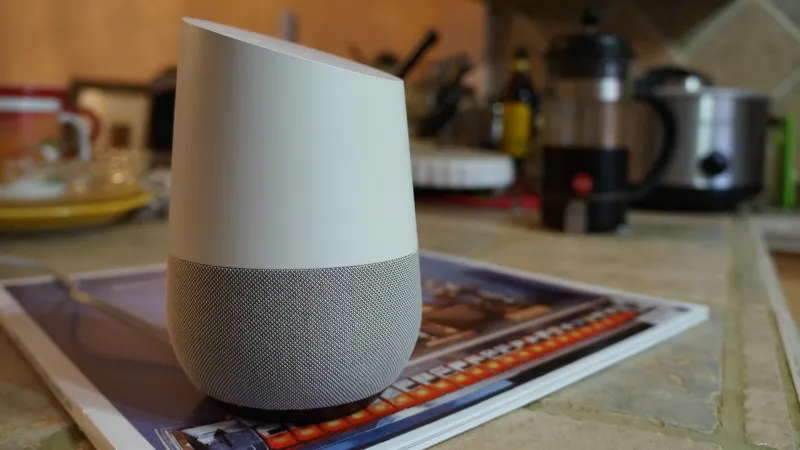


Voice-Purchases are here. And they’re a pretty big deal
With Amazon shipping record numbers of its smart assistants, we look at the increase in "voice purchases" and how online retailers can make sure they're ready for them.

You’ve met Alexa, right?
Come to think of it, some of you might even be living with her. Sharing a bedroom perhaps?
That’s right, Alexa AKA Amazon Echo is one of the new breed of so-called smart assistants. Along with Google Home and a few others, they’re changing the way we live (or taunting aging baby boomers who’ve only just got to grips with their smartphones - warning, video contains some salty language).
Following this week’s Prime Day, with both the Echo and its little sister, the Dot, heavily discounted, Amazon announced they sold 7x more of these devices than the previous year. This comes hot on the heels of a recent study revealing that 43% of millennials have made voice-device purchases in the past year. The times they are a-changin’ indeed – but what does this shift in behaviour mean for online retailers and search marketers?

Well, the first thing to point out is that while the technology is evolving at a rapid pace, smart assistants currently only allow voice-activated purchases on certain sites. So, for the Amazon Echo, that’s Amazon (duh), while Google Home owners (that’s owners of the smart assistant. Not an actual Google house…yet) are restricted to Google Express, their online marketplace consisting of a few handpicked retailers.
But, make no mistake, it’s an area that’s certain to grow and grow. For retailers, search marketers or awesome digital marketers such as your author, that means paying close attention to a few areas to ensure everything is optimised to take advantage of the rise in voice searches and purchases.
Firstly, with more people searching like they speak, you’ll need to take a close look at your keyword strategy and search terms that your bidding on, in particular focusing on your ‘long tail keywords’. By that we mean less “holidays in Greece” and more “where are the best places to go for family holidays in Greece”. It’s also crucial that these phrases are reflected in your website’s content, otherwise our would-be travellers are gonna be mad!
For retailers, it also means really taking the time to consider each product description, making sure it’s packed with unique content and features that Alexa can relay back to would-be buyers, rather than the same-old generic product description that’s a copy-and-paste job straight from the manufacturer or supplier. These guys are already killing it.
So, while the voice purchase revolution isn’t here quite yet, by working on these little things you can make sure you’re ready. Of course, we’d also be happy to help prepare you, so feel free to get in touch.
Posted 14 July 2017 by Ben Waterhouse